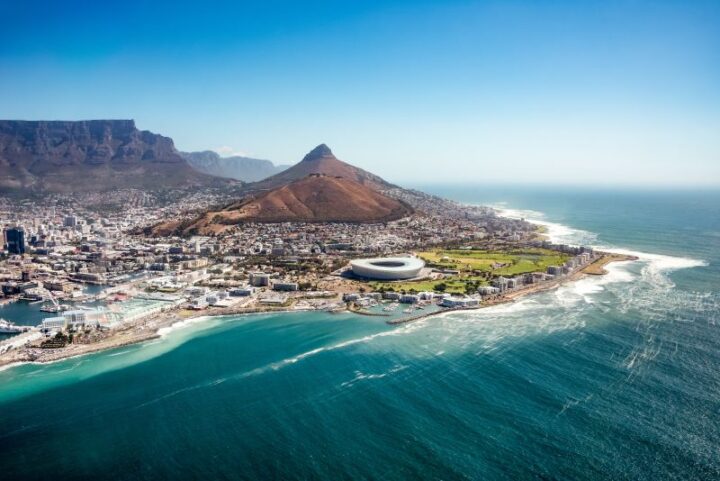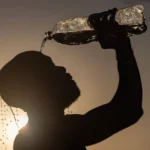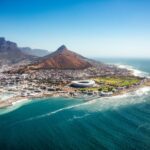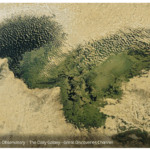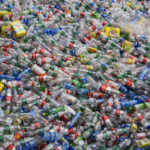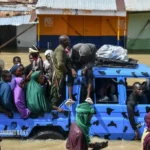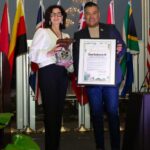Africa’s blue economy, encompassing oceans, rivers, lakes, and aquatic ecosystems, has long been heralded as a potential engine for sustainable development, job creation, and food security. But experts warn that the continent is running out of time to harness this potential sustainably.
From the Atlantic Ocean to Lake Victoria, Africa’s water bodies support millions of livelihoods through fishing, tourism, transport, and energy. Yet pollution, overfishing, poorly regulated development, and the escalating impacts of climate change are eroding that foundation.
According to experts, African water bodies are in trouble. The combination of warming seas, illegal fishing, and habitat loss is stripping coastal communities of both food and income.
Promise meets pressure
Africa’s blue economy is estimated to be worth over $300 billion and supports more than 49 million jobs.
In West Africa alone, fisheries contribute significantly to GDP and nutrition, with over 6 million people depending directly on fishing for survival. But as fish stocks decline and sea levels rise, the equation is shifting.
Artisanal fishers, who make up the majority of the fishing workforce in countries like Senegal, Nigeria, and Ghana, report dwindling catches. Industrial trawlers, often operating illegally or under loosely enforced regulations, further deplete fish populations and damage marine habitats.
Meanwhile, warming waters and rising acidity levels linked to climate change are disrupting fish breeding patterns and coral reef health. According to the Intergovernmental Panel on Climate Change (IPCC), some African coastal zones could see fish biomass decline by as much as 30% by mid-century.
Climate justice and coastal resilience
“This is more than an economic issue,” says Susan Mbogo, a coastal policy analyst in Tanzania. “It’s a matter of climate justice. Communities that have done the least to cause global warming are now struggling with rising tides, disappearing fish, and eroding coastlines.”
Many vulnerable communities lack the infrastructure to cope. Erosion has displaced thousands along the Gulf of Guinea, while saltwater intrusion threatens freshwater supplies in coastal cities like Lagos and Abidjan.
Governments are beginning to respond. Kenya, South Africa, and Seychelles have launched blue economy strategies focused on marine conservation, ecotourism, and renewable ocean energy. The African Union’s Blue Economy Strategy also outlines a continent-wide framework, though implementation remains uneven.
Time for bold action
Experts say what’s needed now is urgent, coordinated action that balances economic development with environmental protection. Investment in sustainable fishing practices, community-led marine protected areas, and ocean-based renewable energy could help.
“Africa’s blue economy is not a luxury. It’s a lifeline,” says Dr. Joseph Ngu, an oceanographer based in Cameroon. “But the longer we delay, the more we risk turning opportunity into crisis.”
In the race against climate breakdown, Africa’s waters must be part of the solution, not another casualty.

